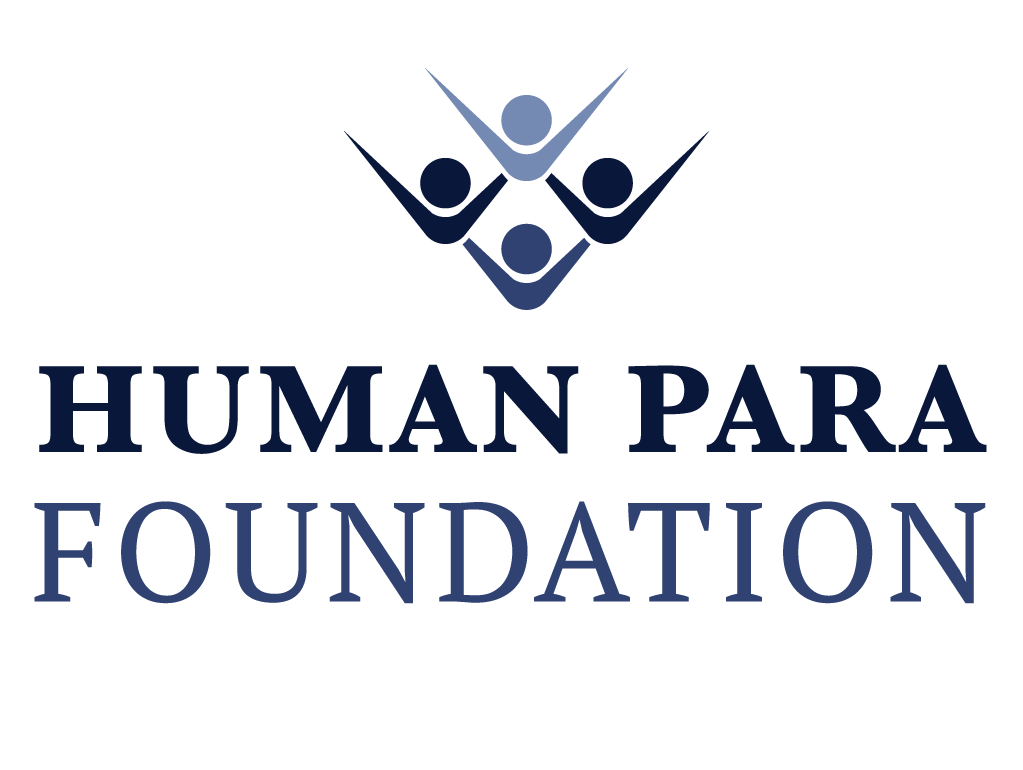Here, Dr. Harry Oken presents the case of a middle-aged patient with a history of depression and hypothyroidism who had unusual symptoms, including one-sided allodynia, “pins and needles” sensation, headaches, joint pain, periodic night sweats and IBS symptoms. Treatments included a therapeutic trial of steroids, which caused a steroid psychosis and led to inpatient psychiatric hospitalization, culminating in 25+ Electroconvulsive treatments. A blood culture was positive for an atypical Mycobacteria and a three drug antibiotic regimen was begun with dramatic sustained improvement.


 In this presentation, Dr. Gaber Abdellrazek, a postdoctoral fellow who is currently researching the pathogenic mechanism of MAP with Dr. William Davis, explains their lab’s latest findings. They have discovered that the deletion of a single gene cripples Map’s ability to establish a persistent infection. This led to the discovery of a peptide with potential for development as a vaccine. Studies with the peptide in tissue culture show vaccination leads to development of immune cells that can kill Map inside macrophages, an essential requirement for a vaccine against intracellular pathogens. While this is being investigated in cattle, it could have implications for human health as well.
In this presentation, Dr. Gaber Abdellrazek, a postdoctoral fellow who is currently researching the pathogenic mechanism of MAP with Dr. William Davis, explains their lab’s latest findings. They have discovered that the deletion of a single gene cripples Map’s ability to establish a persistent infection. This led to the discovery of a peptide with potential for development as a vaccine. Studies with the peptide in tissue culture show vaccination leads to development of immune cells that can kill Map inside macrophages, an essential requirement for a vaccine against intracellular pathogens. While this is being investigated in cattle, it could have implications for human health as well.
 In this joint presentation, Prof. Borody and Dr. Martin present a case of severe fistulizing Crohn’s disease which was healed with a combination of antibiotics, hyperbaric oxygen therapy and surgery. Powerpoint slides follow the video.
In this joint presentation, Prof. Borody and Dr. Martin present a case of severe fistulizing Crohn’s disease which was healed with a combination of antibiotics, hyperbaric oxygen therapy and surgery. Powerpoint slides follow the video.
